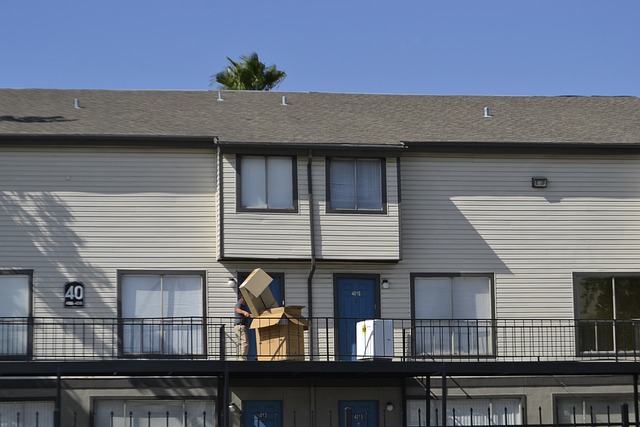Moving to a new state can be thrilling and difficult for any family. Moving your entire family may be stressful, whether you’re doing it for a new career, a shift of environment, or to be closer to relatives. It is critical to have a strategy in place and consider each family member’s requirements to achieve a seamless transition. This article will offer information on relocating your family to a different state, including tips on organizing, packing, and settling in.

Making a Move Plan
Get to Know Your New State
It is important to research your new state before you relocate. This contains details about the cost of living, nearby amenities, and attractions. When learning more about your new state, think about the following questions:
- How much does it cost to live in your new state?
- How do the educational facilities in your new state compare to those in your present one?
- What kind of medical and care options are there in your new state?
Create a Moving Budget
Moving to a new state may be costly, so making a moving budget is vital to ensure you pay the appropriate amount. Moving materials, moving service fees, transportation charges of moving companies and car transport companies, and any other expenses associated with your relocation should all be included in your budget.
Set a Timeline
Begin by creating a moving timeline. Determine when you must leave your existing house and when you must move into your new home. Give yourself plenty of time to plan for your relocation by deciding beforehand when to start packing and making arrangements for your transportation provider.
Top 3 Tips on Packing
Start Early
Start packing as soon as possible to prevent tension at the last minute. Start by packing anything you won’t need in the days and weeks before your move, such as out-of-season clothing, seasonal decorations, and infrequently used kitchen equipment.
Label Your Boxes
Moving is made quicker and more organized by labeling your boxes, which is a crucial step in the process. With adequate labeling, you could open many boxes to discover what you need or, worse still, lose some of your possessions. Label every box with the space it belongs in and a list of what’s inside to prevent similar occurrences. This allows you to easily determine which boxes must be opened immediately when you moved in and which can wait. For instance, you may give the boxes marked “kitchen” precedence over the ones marked “bedroom” or “living room” if you have to set up the kitchen first.
Pack Essentials Separately
When relocating, it’s critical to pack another bag or box containing all the necessities you’ll require during your first few days in your new house. This is because unpacking and settling in may take some time, and you don’t want to be caught short on essentials. Toiletries, a change of clothing, bedding, medicine, crucial papers, chargers, and food are some essentials you should carry individually. You might include something meaningful to you, such as a book or a personal thing.
How to Help Your Family for the Move
Address Concerns and Emotions
For everyone concerned, moving may be a trying and emotional event. Your family could be reluctant to leave behind friends and comfortable settings. Reassure them that everything will be OK and that you’ll all strive as a family to get through the transition as easily as you can to allay their fears and feelings.
Maintain Routines and Traditions
Moving can cause habits and traditions in your family to change, which can be upsetting. Try to keep as many of your previous rituals and customs as you can to make your family feel more at home. Family meals, movie evenings, and game nights all fall under this category.
Schooling and Activities for Children
Finding a new school can be difficult, but it is critical to locate a school that suits your children’s requirements. Investigate the schools in your new neighborhood and make appointments to tour them. Consult with other parents in the neighborhood for thoughts, and think about things like academic programs, clubs and activities, and school culture. Encourage your children to participate in local activities and groups that are related to their interests. This can assist them in making new friends and being more connected to their new community.
Conclusion
Moving your family to a different state may be an exciting yet difficult journey, to sum up. You may make the adjustment easy for yourself and your loved ones by paying attention to these pointers. To rapidly make your new home seem like home, keep in mind to prepare ahead of time, pack thoughtfully, and unpack little by little.
To read more on topics like this, check out the Home & Garden category
Leave a Reply